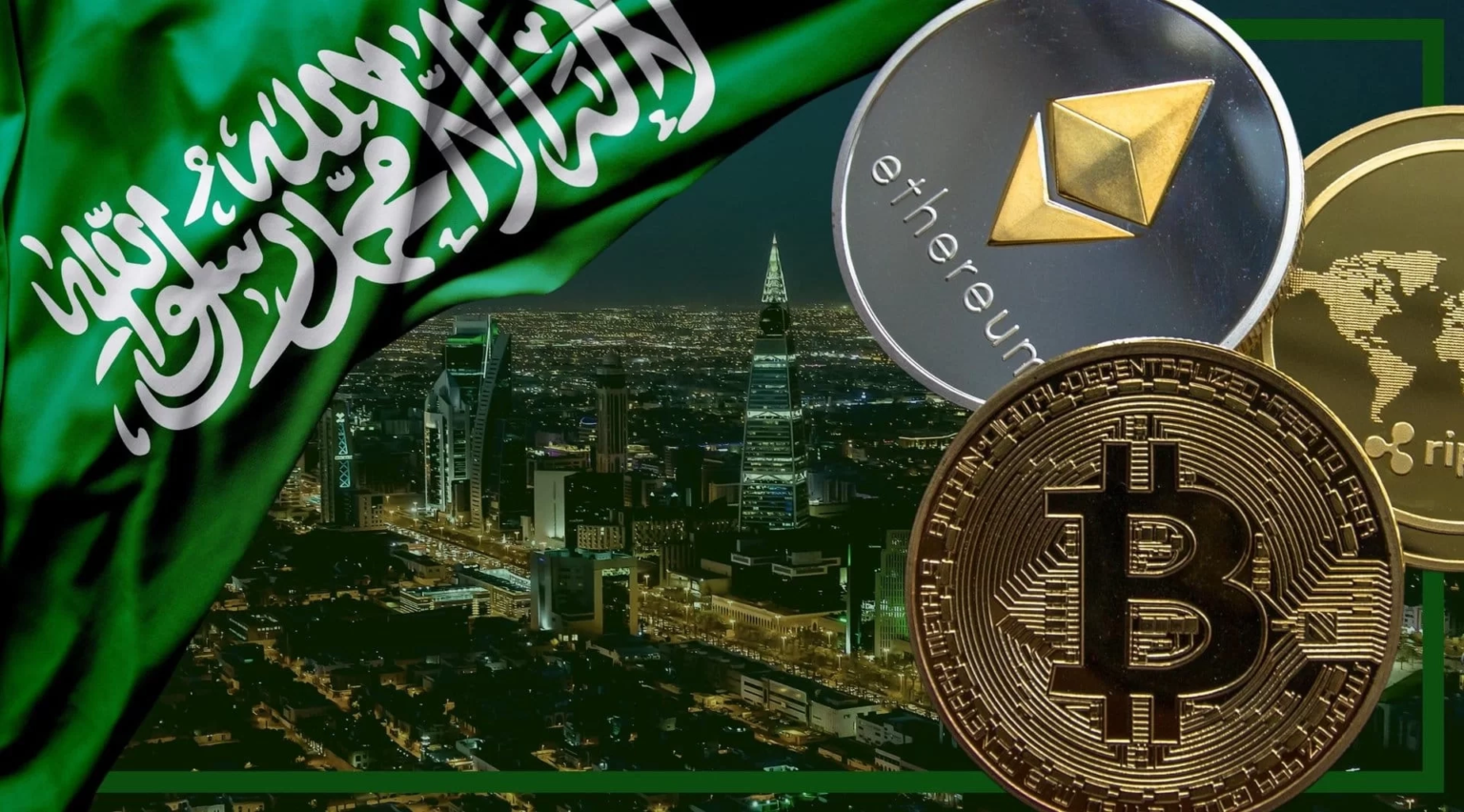Bitcoin Investment Is Transforming Saudi Arabia’s Financial Future
Bitcoin investment is no longer just a global phenomenon—it’s rapidly becoming a cornerstone of Saudi Arabia’s evolving economic strategy. As the Kingdom accelerates its Vision 2030 plans, bitcoin and other digital assets are helping to reshape its financial ecosystem, drive innovation, and signal a decisive move away from oil dependency.
Saudi Arabia’s Economic Makeover: Vision 2030 and Financial Innovation
Launched in 2016, Vision 2030 represents Saudi Arabia’s blueprint for a post-oil economy. The initiative has rapidly transitioned from ambition to action, with major reforms targeting tourism, tech, and—crucially—finance.
Key to this transformation is the Financial Sector Development Program (FSDP), which aims to increase financial inclusion, modernize infrastructure, and integrate advanced technologies such as blockchain and artificial intelligence.
“The future of our economy is not just about oil; it’s about diversifying our revenue streams,” said Mohammed Al-Jadaan, the Kingdom’s Finance Minister.
Financial Institutions Leading the Shift
Institutions like the Saudi Central Bank (SAMA), the Capital Market Authority, and the Saudi Stock Exchange (Tadawul) are at the heart of this financial overhaul. Regulatory innovation and open-door fintech policies are drawing attention from both regional investors and international financial players.
The Rise of Bitcoin Investment in the Gulf
Once viewed with skepticism, bitcoin is now seen as a serious asset class in Saudi Arabia. Its growing appeal is tied to global inflation concerns, currency diversification, and the Kingdom’s rising appetite for digital transformation.
Who’s Investing?
Young, tech-savvy Saudis are leading the charge. Many see bitcoin not just as a store of value but as a hedge against economic volatility. Long-term holding strategies dominate, reflecting confidence in both the asset and the regulatory progress around it.
Institutional Bitcoin Moves
Major banks and investment platforms in the region are beginning to explore bitcoin-based products, including ETFs and digital custody solutions. While full institutional adoption remains nascent, the interest is clear—and growing.
CoinDesk – Middle East Bitcoin Adoption on the Rise
Regulatory Frameworks Supporting Crypto Innovation
Saudi regulators are actively shaping a crypto-friendly legal environment. SAMA has introduced sandbox programs that allow fintechs to test bitcoin-related products in real-world conditions without falling afoul of existing laws.
| Regulatory Measure | Description |
|---|---|
| Licensing Requirements | Crypto businesses must register and obtain local licenses |
| AML/KYC Enforcement | Strict compliance to protect against fraud and laundering |
| Consumer Protection Policies | Rules to shield retail investors from scams and volatility |
Fintech Ecosystem and the Blockchain Boom
Bitcoin investment isn’t happening in isolation. It’s part of a wider surge in fintech activity in the Kingdom. From digital wallets to robo-advisors and cross-border payment tools, Saudi Arabia is quickly becoming a regional fintech leader.
Government Support Driving Fintech Growth
The Financial Sector Development Program has provided funding, mentorship, and technical infrastructure to accelerate fintech startups.
- Regulatory Sandbox: Encourages real-time innovation under SAMA’s supervision
- Public-Private Partnerships: Stimulates R&D through collaboration with global tech firms
- Startup Hubs: Emerging in Riyadh and Jeddah, often centered around bitcoin and blockchain
Smart Cities, CBDCs, and the Next Financial Frontier
Saudi Arabia isn’t just investing in bitcoin—it’s designing the infrastructure of tomorrow. Flagship projects like NEOM and the King Abdullah Financial District are integrating smart contracts, AI, and blockchain into their very foundations.
Project Aber: The Saudi-UAE CBDC
Saudi Arabia and the UAE jointly piloted Project Aber, one of the world’s first successful dual-issued central bank digital currencies (CBDCs). The results? Faster cross-border payments, enhanced transparency, and significant cost savings.
Future of the Digital Riyal
Discussions around launching a national CBDC continue. A state-backed digital riyal could streamline government services, improve welfare disbursement, and simplify taxation, all while anchoring bitcoin’s legitimacy in the national discourse.
FAQ — Bitcoin Investment in Saudi Arabia
What is driving bitcoin investment in Saudi Arabia?
The combination of Vision 2030 reforms, inflation concerns, and fintech enthusiasm is fueling bitcoin investment across age groups and sectors.
Is bitcoin legal in Saudi Arabia?
Yes, with caveats. Bitcoin is permitted for personal investment, but crypto businesses must adhere to licensing and AML/KYC laws issued by SAMA.
How does Vision 2030 relate to bitcoin?
Vision 2030 aims to modernize Saudi Arabia’s economy through innovation—including fintech and digital assets like bitcoin.
What role does Project Aber play in Saudi’s crypto future?
Project Aber is a foundational step in the Kingdom’s broader digital finance strategy, demonstrating how blockchain and CBDCs can complement bitcoin infrastructure.
Are Saudi banks adopting bitcoin?
While direct bitcoin holdings by banks are rare, several institutions are exploring bitcoin ETFs, digital custody, and blockchain for backend operations.
Final Take: Bitcoin and the Future of Saudi Finance
Saudi Arabia’s bitcoin investment trend is more than speculative enthusiasm—it’s a calculated step in the country’s long-term transformation. As fintech infrastructure matures and regulatory clarity improves, bitcoin could very well become a standard asset in Saudi portfolios, both retail and institutional.
By aligning digital asset adoption with national strategy, the Kingdom is signaling its intent to be not just a participant in the global crypto economy—but a leader.

